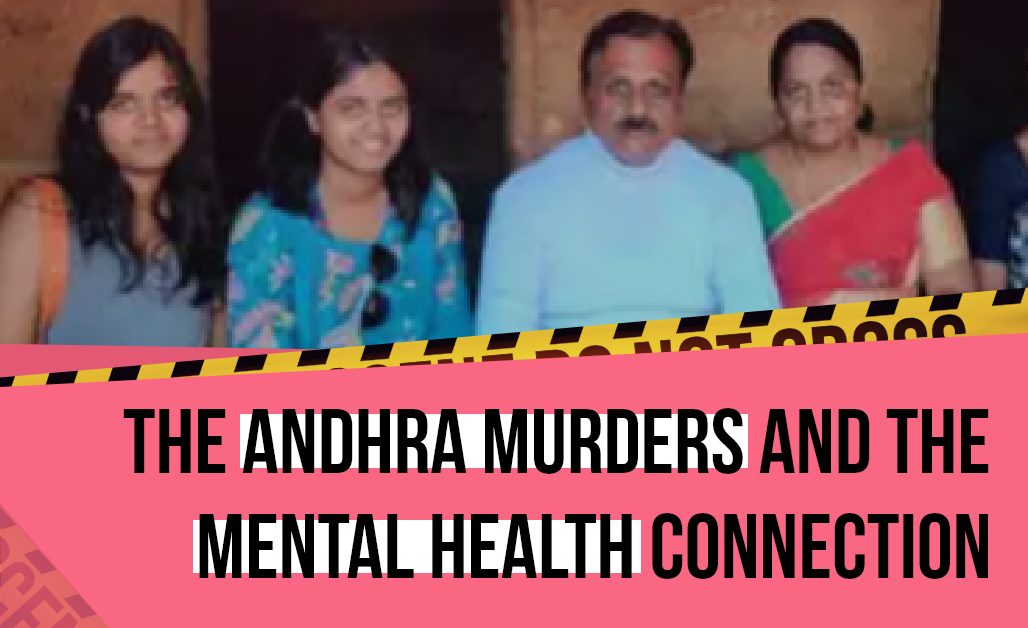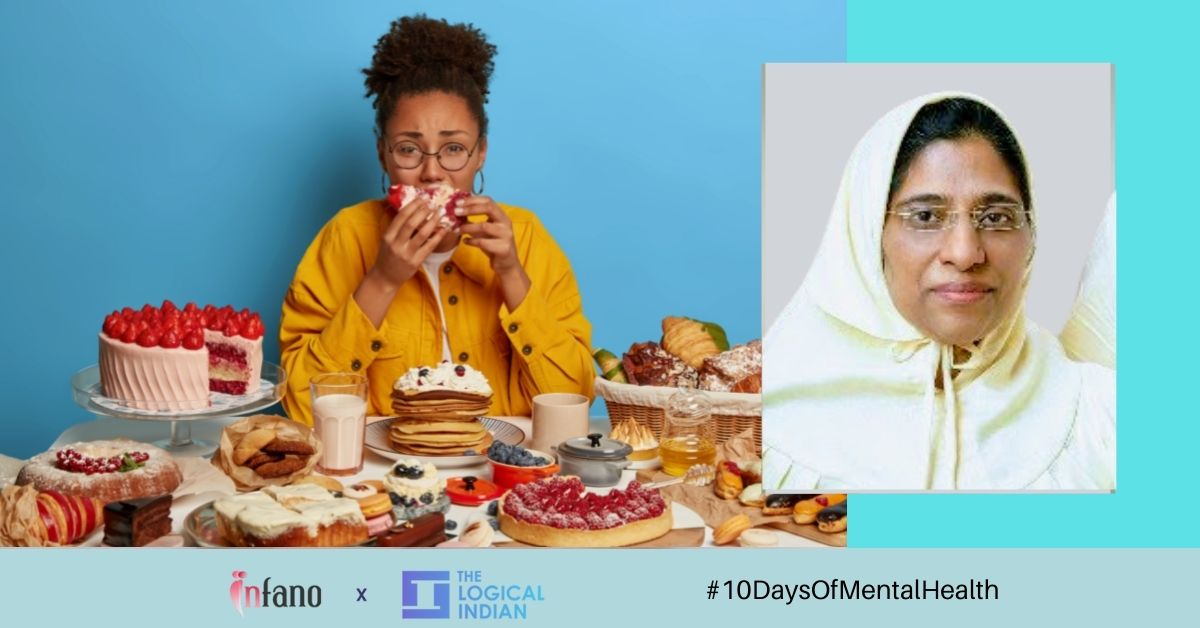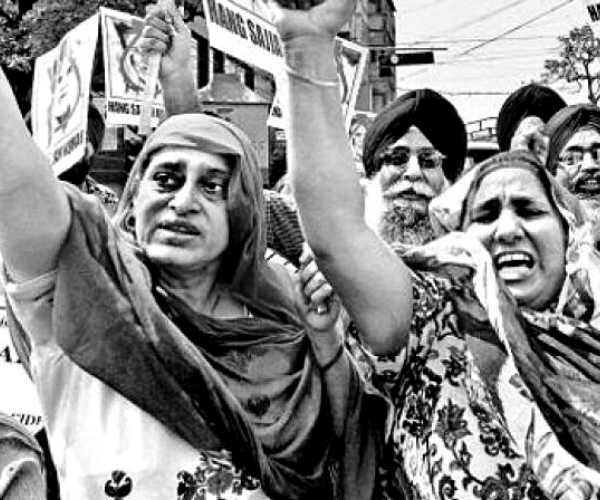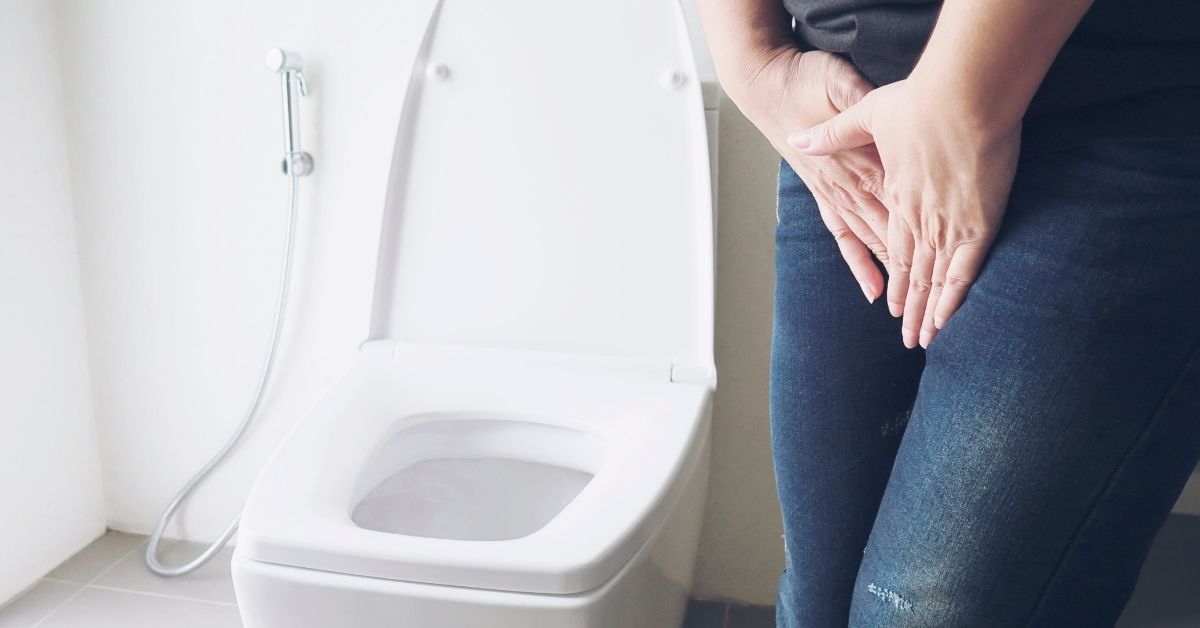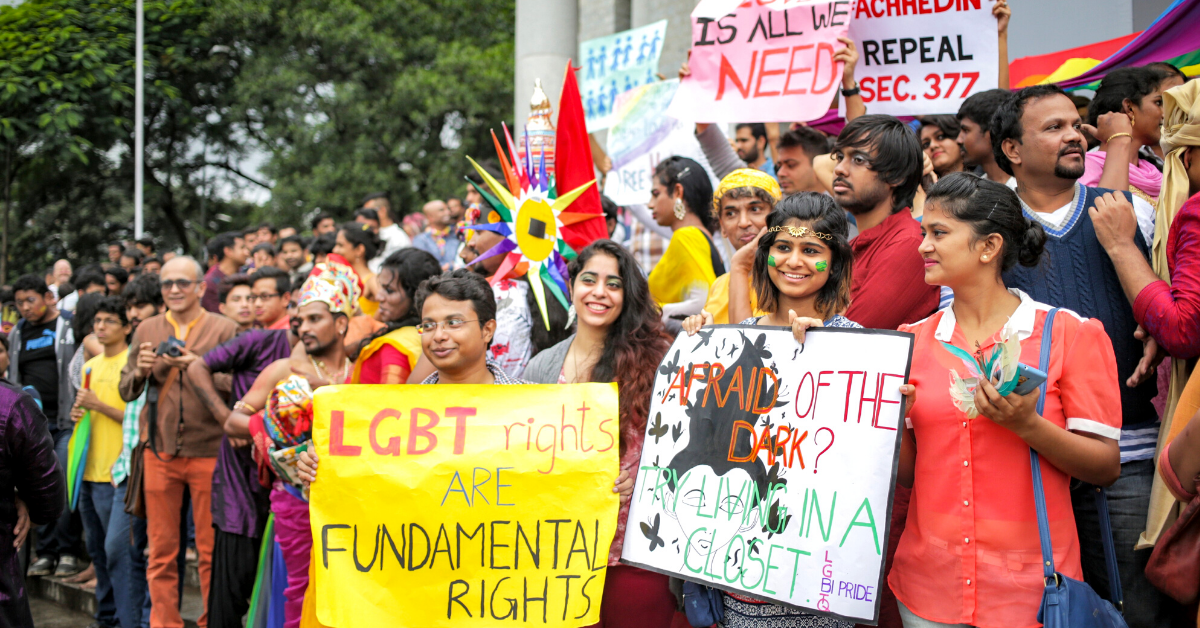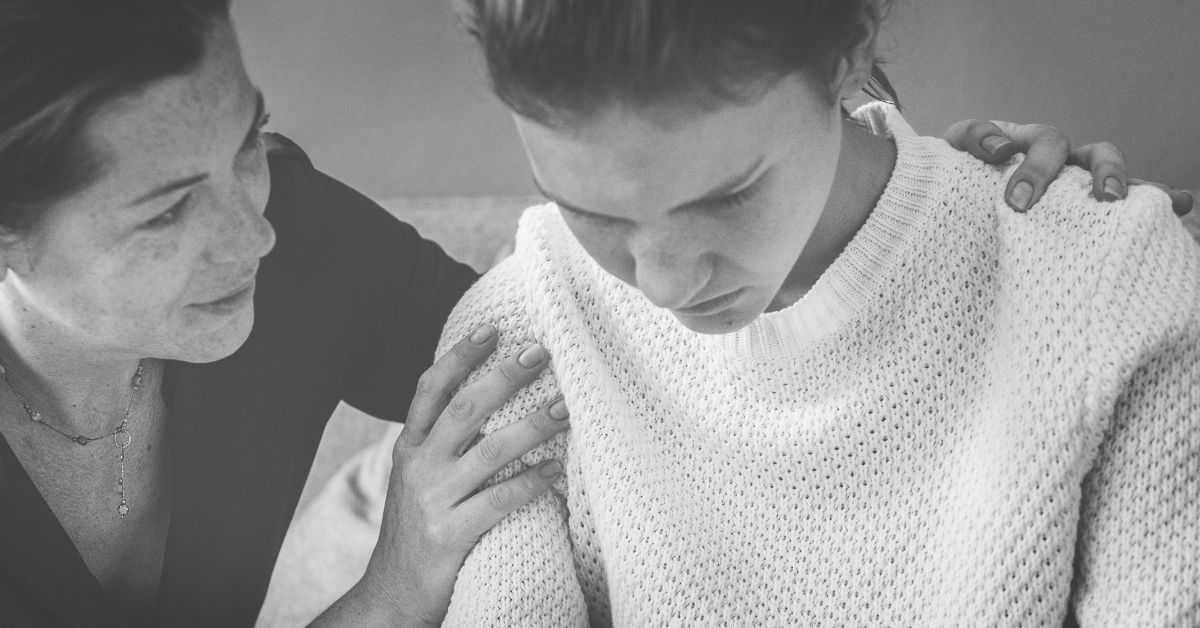The tragic killing of two young women in Andhra Pradesh by their highly educated parents shook the country last week. As days pass and the police probe continues, fresh revelations are coming to the fore about the murders of two sisters by their parents in Madanapalli in Chittor district of Andhra Pradesh.
The accused parents have been identified as Purushotham, a vice-principal of a government college, and Padamja a gold medallist in mathematics.
Unfolding of events in the Andhra Murders case
Deeply spiritual people, the couple bludgeoned the daughters with dumbbells and Trishul as they wanted to “appease supernatural forces”. The couple was followers of Mehar Baba, Sai Baba, and Rajaneesh or Osho. They regularly used to visit Shirdi.
The older daughter Alekhya was 27-years-old. She worked as a forest officer. She returned home during the coronavirus pandemic and was preparing for the civil services examination. The younger daughter Sai Divya was 23-years-old and had completed her post-graduation in business administration (MBA) and was pursuing a course in music.
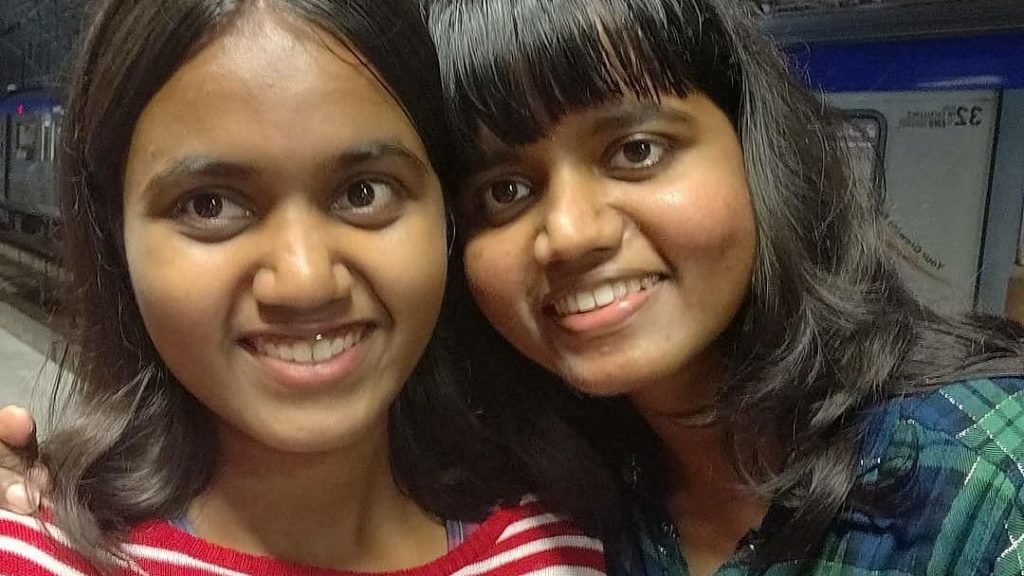
According to neighbours and colleagues, Purushotham’s family was deeply superstitious. The family had remained isolated since the pandemic set in. Even domestic workers were not allowed inside the house.
The couple murdered the older daughter after a puja and then killed the younger daughter. The mother felt that there was evil inside her younger daughter’s head and so she broke it open. Later the vice-principal called one of his co-workers and informed him about the murders who alerted the police. On arrival the police found the couple in a state of trance and told the police that their daughters would come alive after some time and to not interfere in the ritual.
While one would wonder how such educated people could fall prey to such superstitions and malpractices to the extent of murdering their own offsprings, mental health professionals believe that this is ‘a brain disease and can happen to anybody.’
“The delusional parents is what severe untreated mental illness, unfortunately, looks like sometimes”, says Psychiatrist Anirudh Kala.
“These are cases of what the French call Folie-deux or shared psychosis. In this case, probably the mother is the primary patient who has either Schizophrenia or Bipolar disorder with psychosis. Typically the person who ‘ catches’ the delusion secondarily is emotionally dependent on the ‘primary’ patient and starts sharing his/her world view.”
Shared psychotic disorder (Folie a deux) is an unusual mental disorder characterized by sharing a delusion among two or more people who are in a close relationship. The (inducer, primary) who has a psychotic disorder with delusions influences another individual or more (induced, secondary) with a specific belief. It commonly presents among two individuals, but in rare cases can include larger groups, i.e., family and called folie a famille.
Source
Insanity or unflinching devotion?
The social media posts of Alekhya suggested that she was attracted to Osho and his teachings. She also claimed that she brought her pet dog to life after killing it.
Social media posts of the deceased elder daughter Alekhya suggests that she was a big fan of late spiritual guru Osho and strongly believed in rebirth and salvation.
In some of her posts, Alekhya had described herself as an ‘Osho lover’ and a ‘dhyani’, according to a media report.
The girl’s other social media posts also give credibility to the theory that she went into a spiritual trance and believed in salvation which resulted in her and her sister’s murder by their parents.
Where does one draw the line between superstition and religious/spiritual beliefs?
“The tragedy which destroyed a whole family was wholly avoidable if treatment had been instituted at any point in time”, says Dr. Anirudh. “Part of treatment is to separate the two delusional sharers. The ‘secondary’ patient recovers fast sometimes even without treatment. This seems to be already happening with the husband. Unfortunately the worst for the couple is yet to come when they recover and are hit by the enormous guilt over what they have done.”
Alas we still struggle with acceptance of mental illness and access to mental health treatments. Some religious beliefs are so deeply rooted in superstitions and blind faith over religious godmen that we cannot separate it from logic and fail to use our reasoning. But the religious aspect was only a part of it. The larger problem here was the delusion the parents suffered from.
“In an ideal world they would be acquitted on grounds of mental illness but that is unlikely given the lack of sensitivity of the system and our archaic law about the culpability of the mentally ill. But in an ideal world, they would have been diagnosed and treated and none of it would have happened.”

